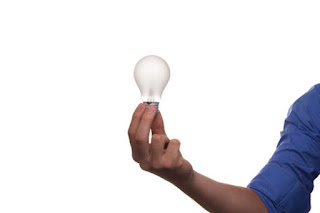What is energy efficiency
What is energy efficiency?
The term ‘energy efficiency’ is used a lot these days. Labels on appliances, advertisements from energy companies and even promises from the government all use the phrase, but what does it really mean?
Something is more energy efficient if it lasts longer or works better than a traditional version of the same appliance, but uses the same amount of energy. Or even if it delivers the same performance as the traditional version, but uses less energy.
Ultimately, energy efficiency means doing more with less: that is, squeezing as much useful power out of as little energy as possible, and not letting any go to waste. Take an old-style light bulb, for example. These bulbs produced light, but wasted a lot of heat in the process. New energy saving light bulbs create the same amount of light without creating wasted heat, and they use less energy in the first place.
The same principle applies to all kinds of energy saving applinces An energy-efficient fridge will use less energy than an old model but still keep your food cool, while an energy-efficient washing machine will get your clothes smelling fresh and clean without using as much power as an older version.
The term energy efficiency can also be used in a wider sense. Instead of focusing on the energy efficiency of a single item (such as an appliance), we can also look at the energy efficiency of whole buildings. If two buildings are supplied with the same amount of energy to create heat, the building that can generate and retain the most heat – rather than only creating a little heat and then losing it – is the more energy-efficient building.

Comments
Post a Comment